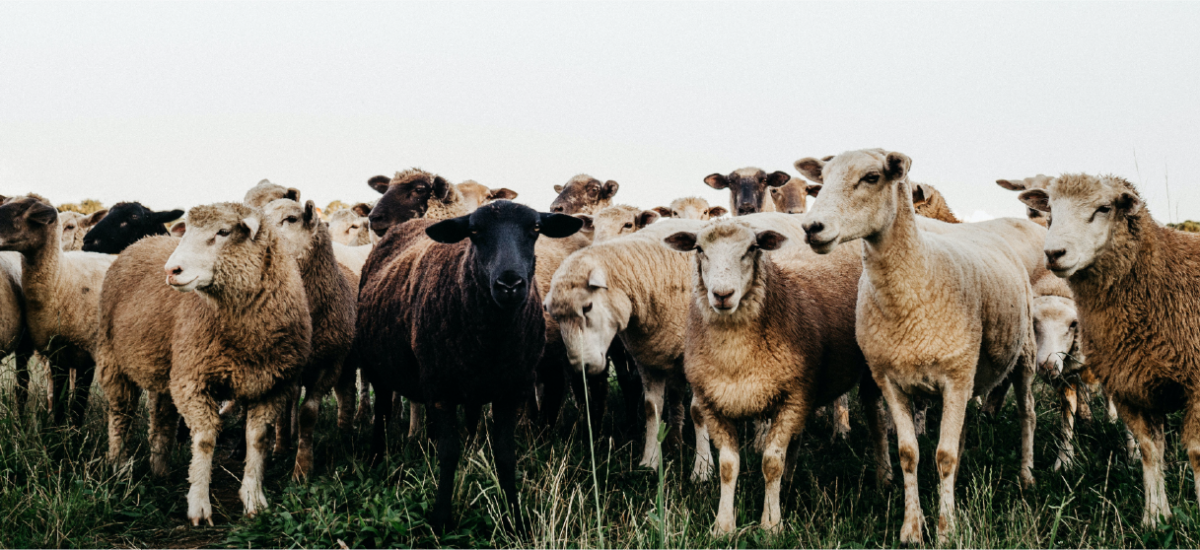Sayyidatuna 'Āisha Narrates That Rasūlullāh ﷺ Said,
“There is no dearer deed of the son of Adam
in the days of Qurbani than flowing the
blood (doing Qurbani), and that animal will
come with his horns, hairs, and hooves on
the day of resurrection. The blood of the
Qurbani reaches the stage of acceptance
before it reaches the floor.”
(Tirmidhi, Ibnu Majah)



